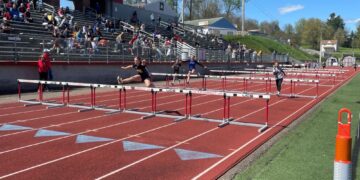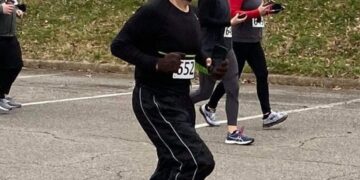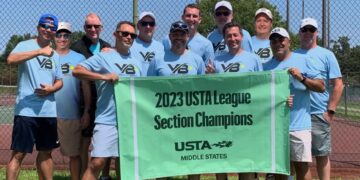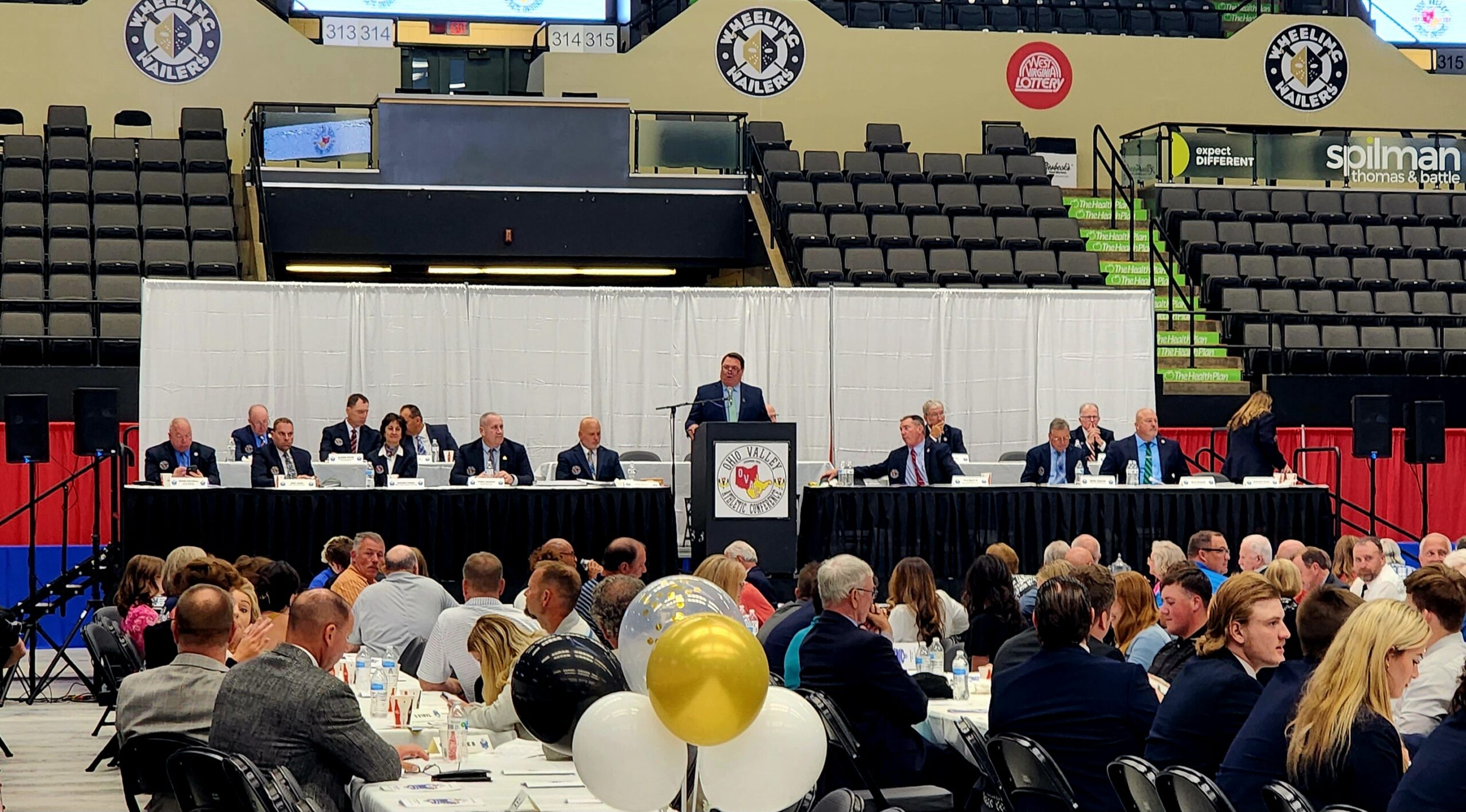Wheeling -Wheeling Jesuit’s Basketball program was established in the fall of 1956 with the college’s second official class. Reverend Clifford M. Lewis, S.J., Wheeling College’s first Athletic Director, spearheaded the formal athletic program and hired Ed Coyne as the head coach to lead the first Cardinal men’s basketball team.
Coyne guided the Cardinals through the infant stages of the basketball program and was at the helm for the first five seasons, from 1956-57 to 1960-61, during which he compiled an overall record of 36 wins and 47 losses.
“We were truly the pioneer basketball team for Wheeling College,” stated Coyne during his 2005 WJU Hall of Fame induction. “In the beginning, we didn’t even have a gym to practice in. There were no athletic scholarships at the time; the student-athletes were there to get a good education, and they did exactly that. They were a wonderful group of players, unbelievably bright.”
During the inaugural year, Wheeling’s “Pioneer” team was a freshman team with a roster composed of 15 student-athletes who played their home games at St. Vincent’s Church in Elm Grove, W.Va. The 18 game schedule featured freshman teams from Division I schools West Virginia University, Duquesne University and the University of Pittsburgh, along with area junior varsity teams, including Steubenville, Washington & Jefferson, West Liberty, Bethany, Waynesburg, WV Wesleyan, Mountain State Business and Columbia Southern Industries Colleges.
On December 1, 1956, Wheeling played its first game at Mountaineer Field House in Morgantown, W.Va. against WVU’s freshman team, which featured an all-star lineup that included future Hall of Famer Jerry West, along with Joe Posch, Willie Akers, Butch Goode, Jim Ritchie, and Jay Jacobs.
Wheeling, led by a starting five of Jack Dematte, John Mensore, Don Mercer, Al Reed and Tony Yonovak, battled the Mountaineers, and, after 13 minutes of play, held a 28-27 lead. In the end, WVU’s height and depth proved to be too much for the young Cardinals, as the Mountaineers pulled away in the second half, winning 92-71.
WVU’s freshman team finished the 1956-57 season with a 22-0 record. The following year WVU claimed an NCAA No. 1 ranking and in 1958-59 played for a national Championship, losing by one point, 71-70, to the University of California, Berkeley.
Wheeling finished the 1956-57 season with 11 wins and 7 losses, while recording their biggest win over Division I opponent Duquesne, 69-65.
On Saturday, January 29th during Wheeling Jesuit’s Alumni Basketball Weekend, the university will honor the 1956-57 “Pioneer” team at halftime of the men’s game against Glenville State College, which begins at 4:00 p.m. In addition, a new display featuring the ‘Pioneer’ team will be unveiled in the McDonough Center lobby. This permanent fixture features the tip off of Wheeling College’s first game against West Virginia University, on December 1, 1956. The display also features team information, facts and memorable events from the inaugural season.
Also on Saturday, Wheeling Jesuit University head basketball coaches Danny Sancomb and Katie Hine will promote the importance of exercise and eating right to fight cancer as they team up with the American Cancer Society.
It’s all part of the Coaches vs. Cancer Suits and Sneakers awareness weekend, a collaborative initiative of the National Association of Basketball Coaches (NABC) and the American Cancer Society.
Participating NABC-member basketball coaches, including WJU coaches Danny Sancomb, Katie Hine, and their staffs, will wear sneakers instead of dress shoes with their usual game attire on Saturday to demonstrate their support for the American Cancer Society’s fight against cancer as the Cardinals and the Pioneers take the court. Fans are encouraged to join the effort and wear their sneakers to the 4:00 p.m. men’s game and the 6:00 p.m. women’s game.
By lacing up sneakers with their suits, college and high school basketball coaches nationwide will spotlight the fact that while cancer remains a major health concern, everyone can take daily steps to reduce their risk of the disease and support American Cancer Society’s vision of a world with less cancer and more birthdays.
“Coaches vs. Cancer gives local basketball coaches an opportunity to speak to their communities about the ways in which cancer begins and can be treated. Athletes are community role models. Our visibility and participation in this national program gives us a way to make a difference in our community, and it just might save lives,” said Sancomb, Athletic Director and Head Men’s Basketball Coach for the Cardinals.






























Discussion about this post